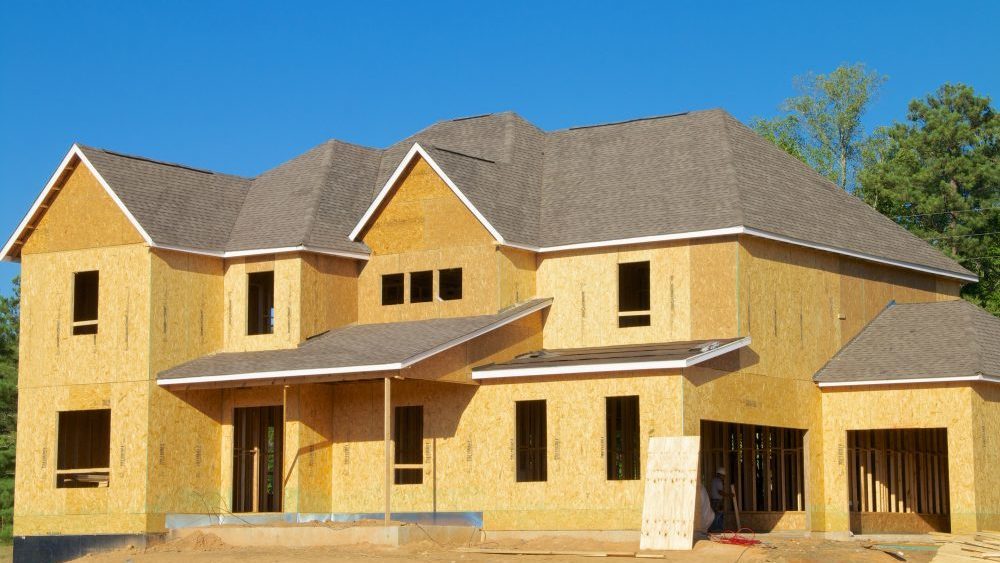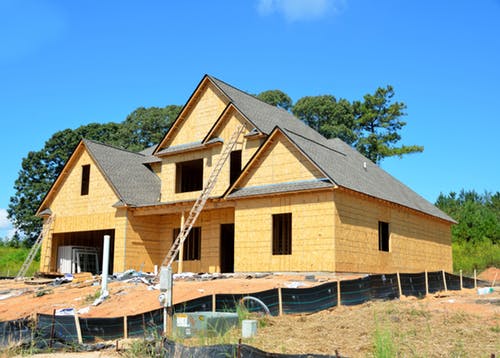Geothermal heating, also known as ground source heat pump technology, is a renewable energy system that utilizes the steady temperature of the earth to heat and cool buildings. It is a highly efficient and environmentally friendly alternative to traditional heating and cooling systems that rely on fossil fuels. While geothermal systems have many benefits, they also have some drawbacks.
Geothermal systems work by using a series of underground pipes, known as a loop, to transfer heat between the earth and the building. In the winter, the system absorbs heat from the earth and delivers it to the building, and in the summer, it removes heat from the building and transfers it back to the earth.
One of the main benefits of geothermal systems is their high energy efficiency. They can achieve heating efficiencies of up to 400%, which means that for every unit of energy used to power the system, four units of energy are delivered to the building. This makes them much more efficient than traditional heating and cooling systems, which typically have efficiencies of around 100%.
In addition to their energy efficiency, geothermal systems are also known for their environmental benefits. They do not burn fossil fuels, so they do not produce harmful emissions like carbon dioxide, sulfur dioxide, and nitrogen oxides. They also do not require as much electricity as traditional systems, so they can help to reduce overall energy consumption and greenhouse gas emissions.
Here are some of the pros and cons of geothermal heating:
Pros:
Energy Efficiency: Geothermal systems are extremely efficient because they use the earth’s natural heat to provide warmth in the winter and coolness in the summer. They can achieve heating efficiencies of up to 400%, which means that for every unit of energy used to power the system, four units of energy are delivered to the building. This makes them much more efficient than traditional heating and cooling systems, which typically have efficiencies of around 100%.
Environmental Benefits: Geothermal systems do not burn fossil fuels, so they do not produce harmful emissions like carbon dioxide, sulfur dioxide, and nitrogen oxides. This makes them an excellent choice for environmentally conscious homeowners. In addition, geothermal systems do not require as much electricity as traditional systems, so they can help to reduce overall energy consumption and greenhouse gas emissions.
Long Lifespan: Geothermal systems are known for their long lifespan, with many systems lasting up to 50 years or more. This makes them a good investment for homeowners who are looking for a long-term solution for their heating and cooling needs.
Low Maintenance: Geothermal systems are relatively low maintenance compared to traditional systems. They do not have moving parts, so there is less wear and tear, and they do not require regular cleaning or maintenance as traditional systems do.
Comfort: Geothermal systems are known for providing a consistent and comfortable indoor temperature. Because they use the earth’s natural heat, they do not suffer from temperature fluctuations that can be common with traditional systems.

Cons:
High Initial Cost: One of the main drawbacks of geothermal systems is their high initial cost. While they may save homeowners money in the long run due to their energy efficiency, the initial cost of installing a geothermal system can be several times higher than the cost of installing a traditional heating and cooling system.
Limited Availability: Geothermal systems are not suitable for all homes and locations. They require a sufficient amount of land to install the necessary underground piping, and they may not be suitable for homes that are located in areas with high water tables or bedrock.
Complexity: Geothermal systems can be more complex to install than traditional systems because they require underground piping. This can make them more expensive to install and may require specialized contractors.
Noise: Some geothermal systems can produce a low humming noise when they are in operation, which can be annoying for some homeowners.
Overall, geothermal heating systems offer a number of benefits, including energy efficiency, environmental benefits, long lifespan, low maintenance, and comfort. However, they also have some drawbacks, including high initial cost, limited availability, complexity, and potential for noise. Homeowners should carefully consider the pros and cons of geothermal systems before deciding if they are the right choice for their home.





